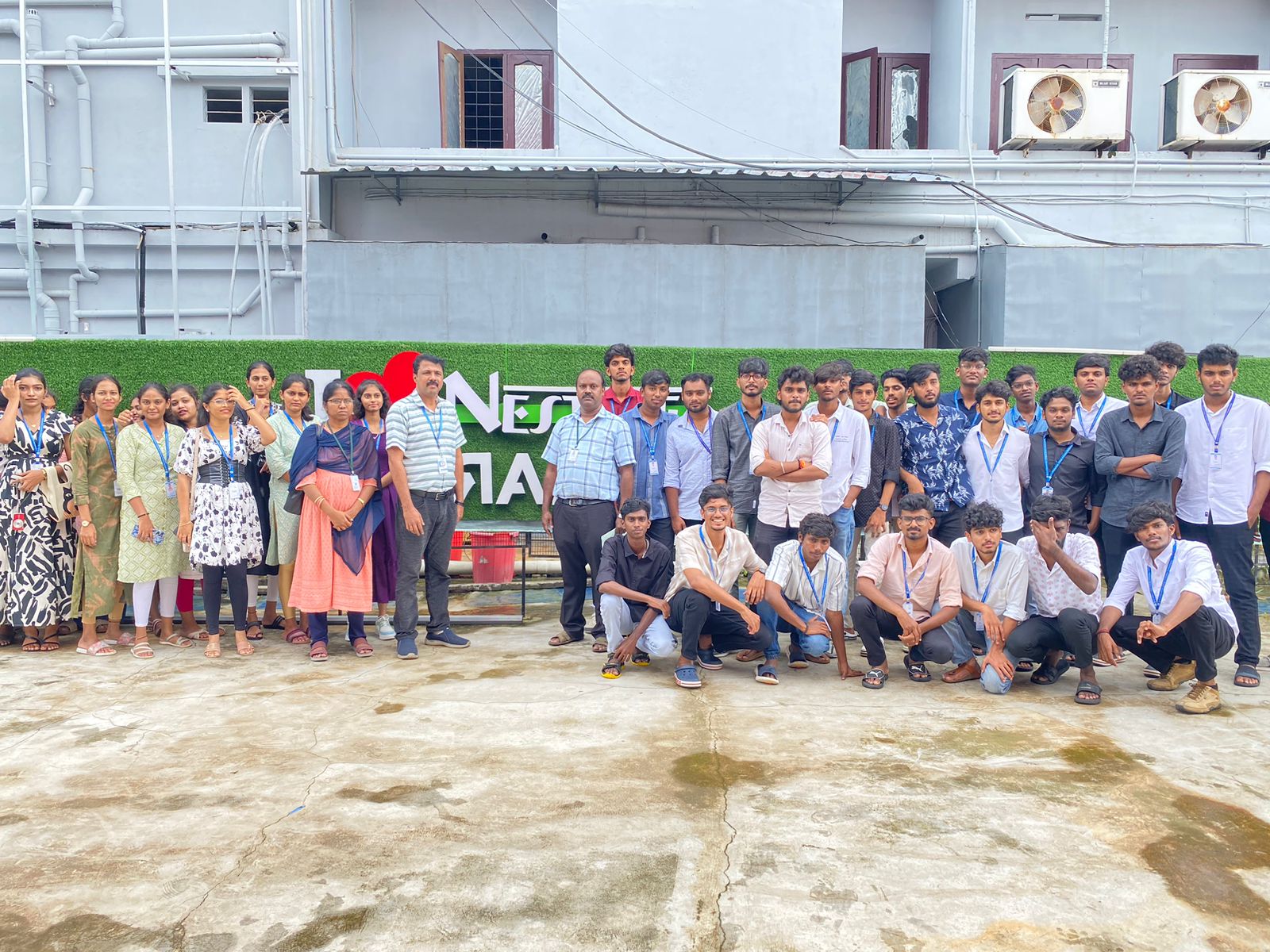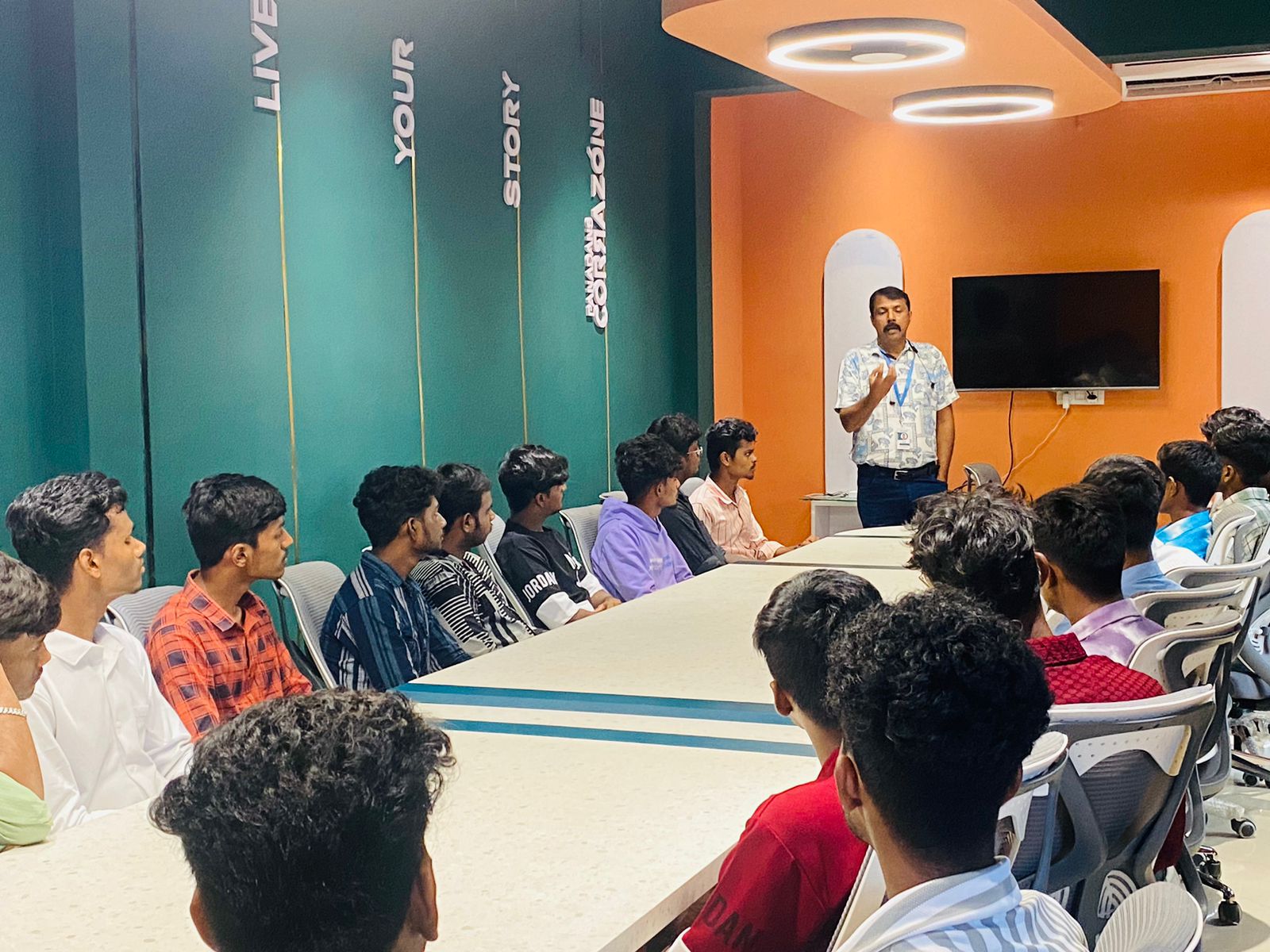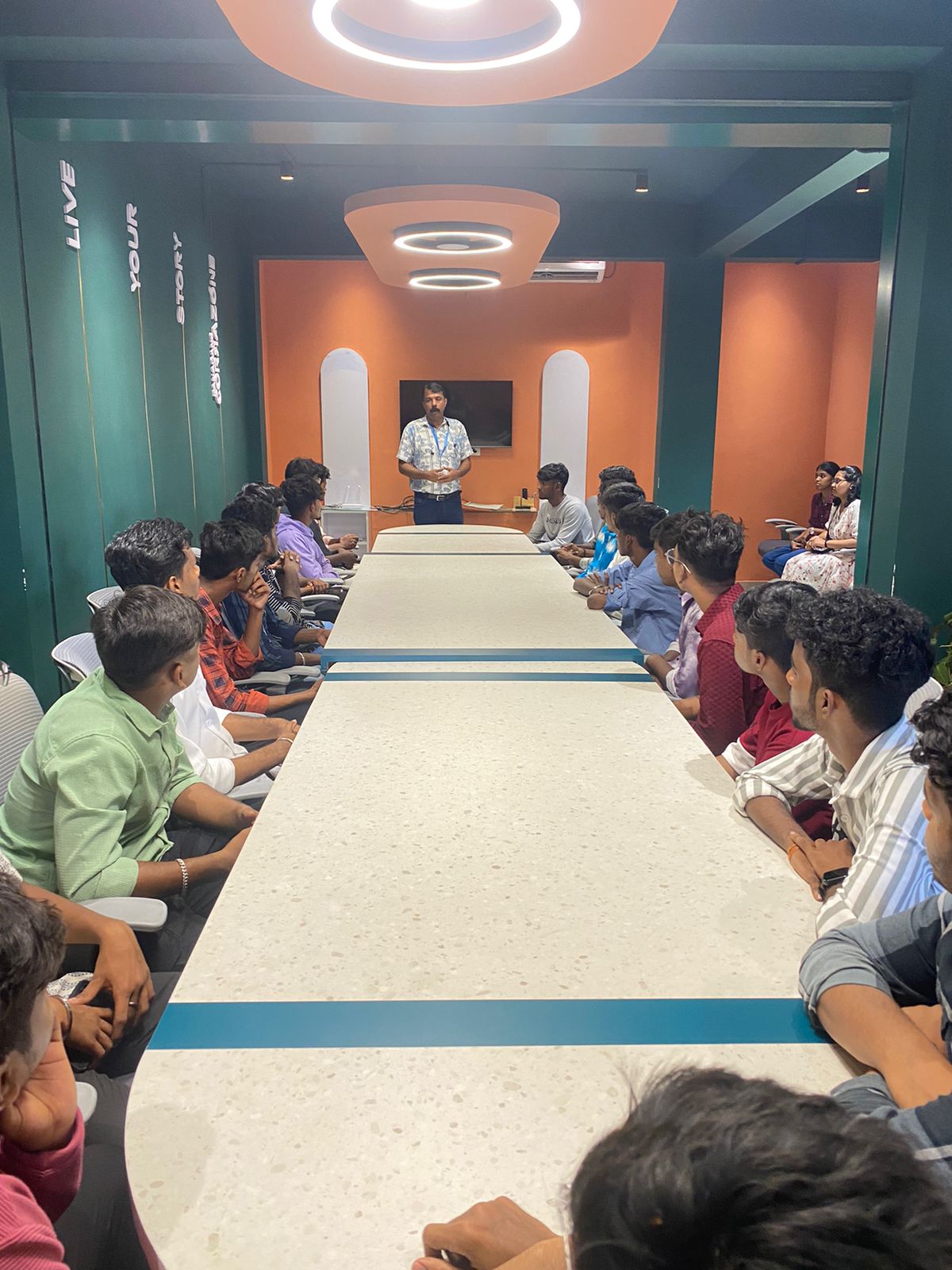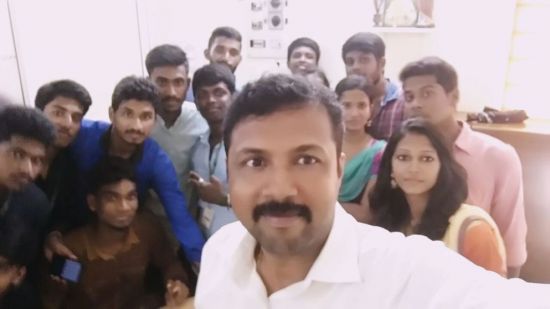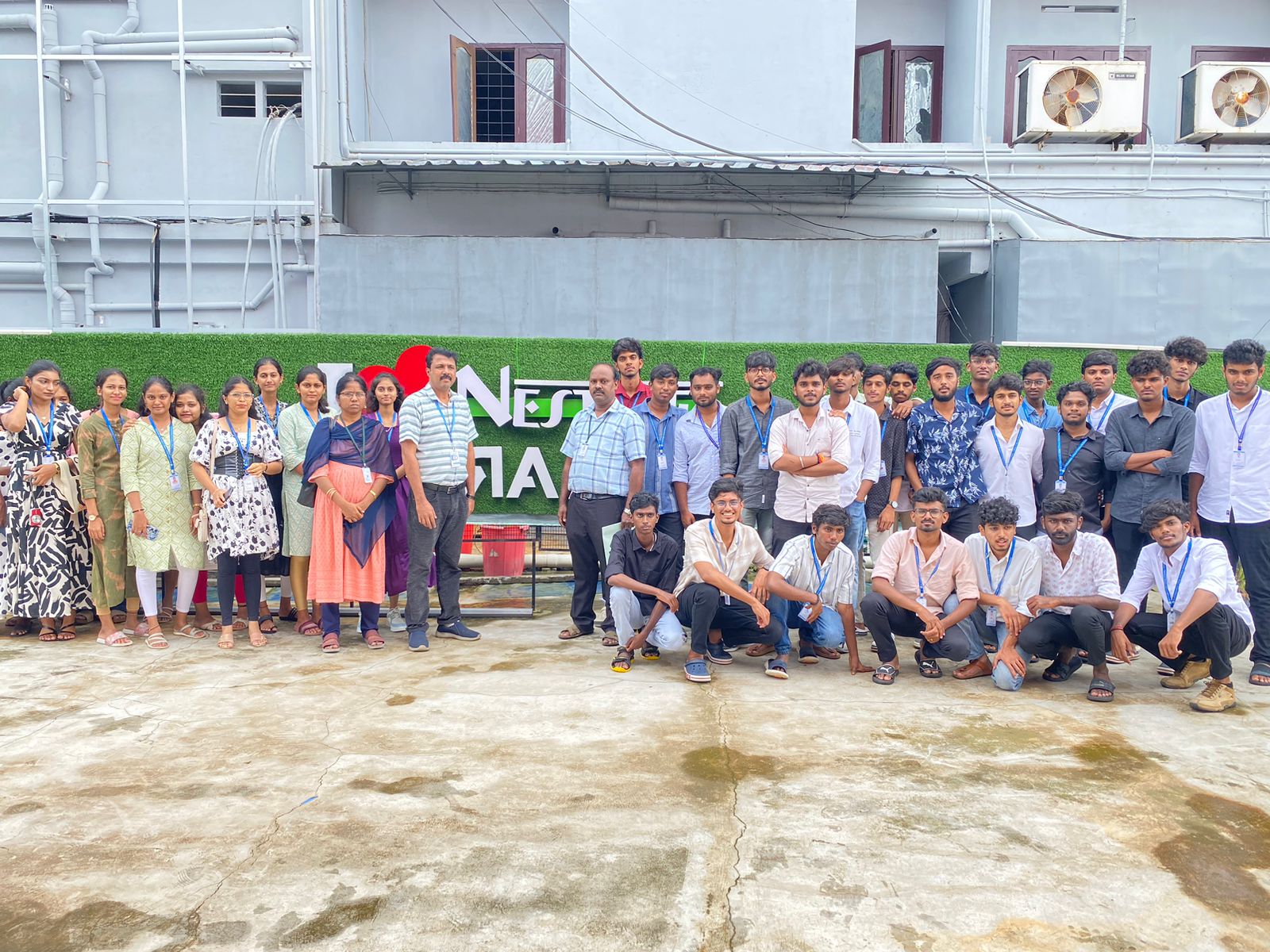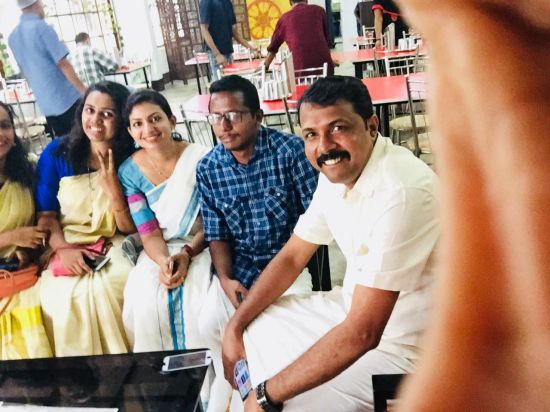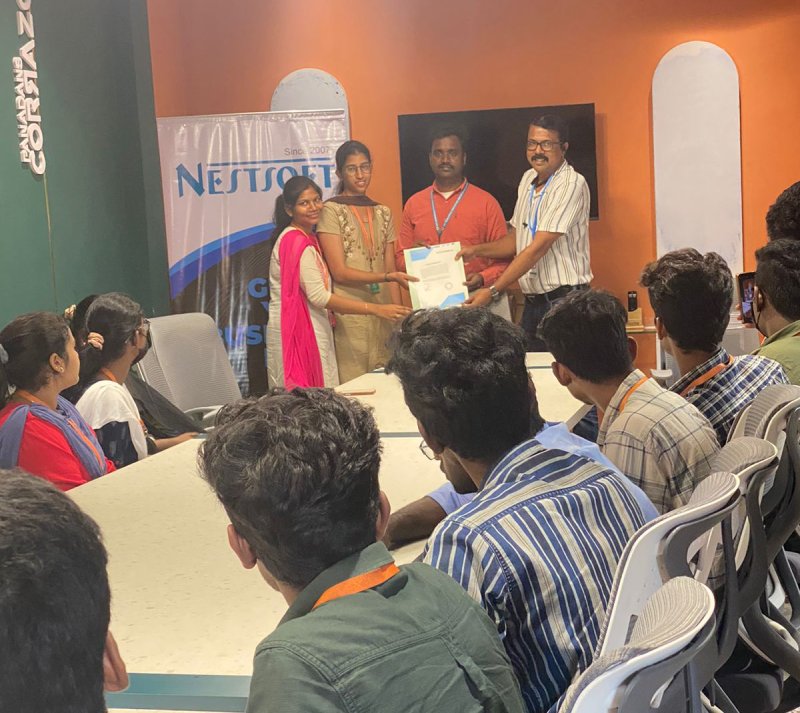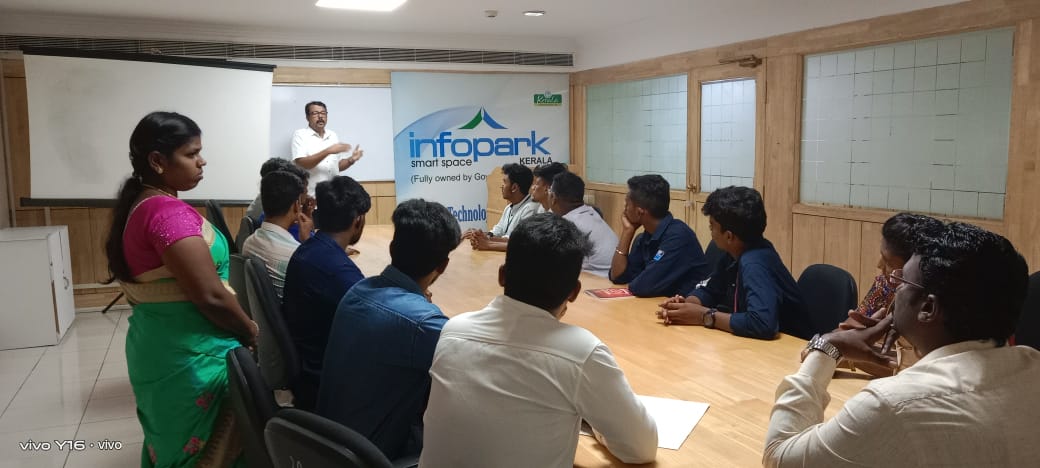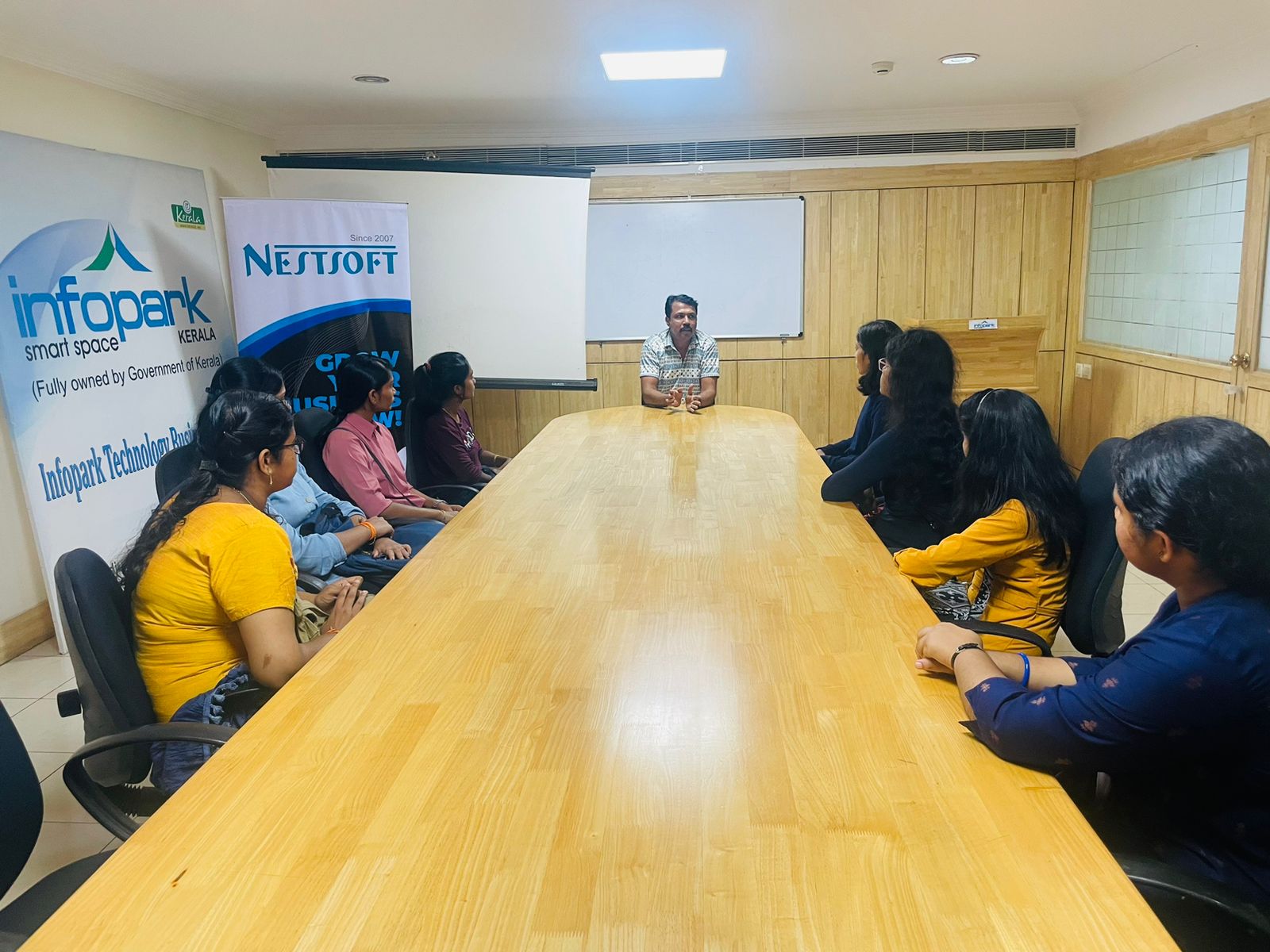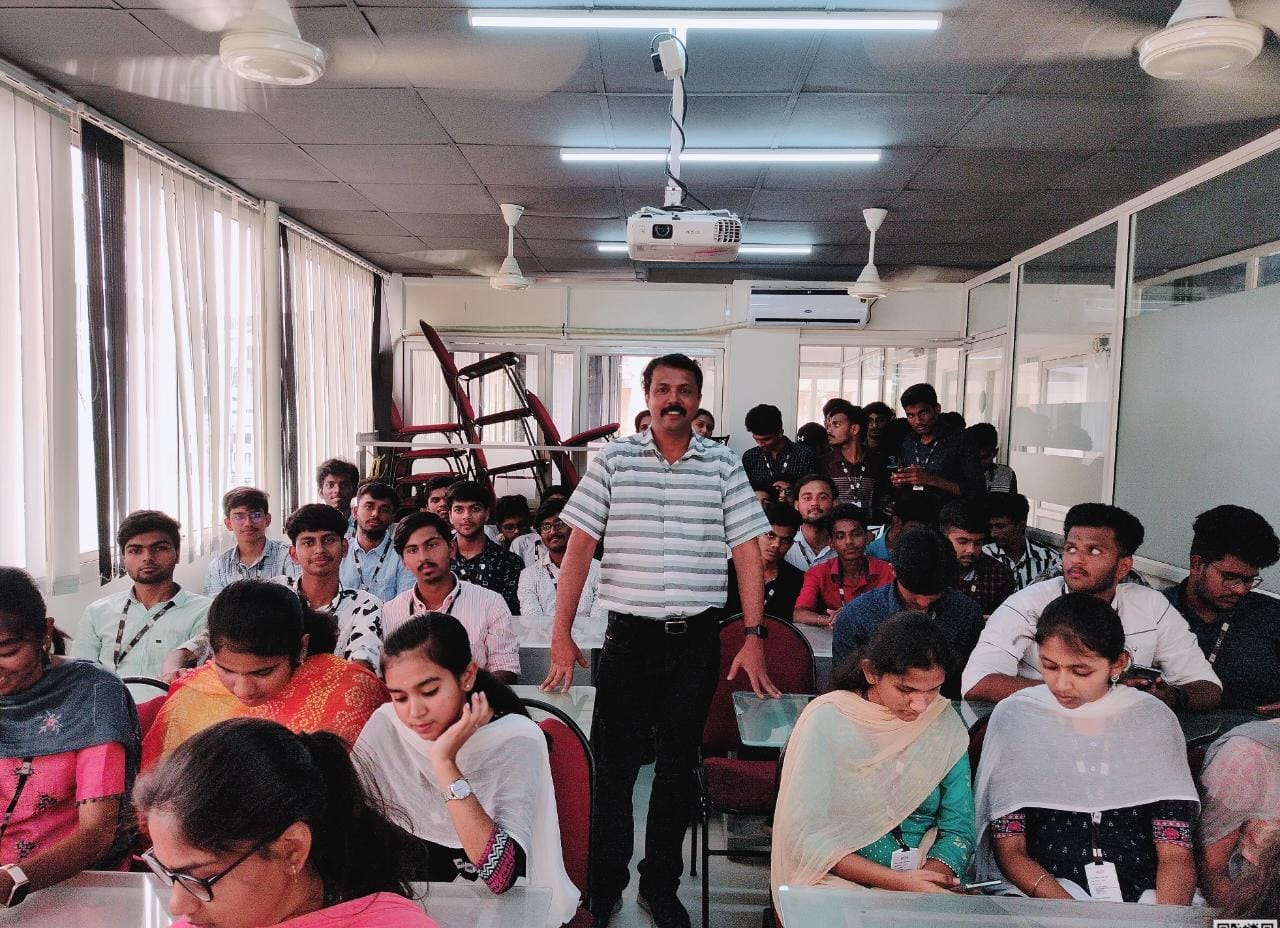Game Design and Development Training by Experts
Our Training Process

Game Design and Development - Syllabus, Fees & Duration
Module 1: Introduction to Game Development
- Understanding the gaming industry and trends
- Game development lifecycle
- Overview of Unity and Unreal Engine
Module 2: Basics of Game Design
- Designing engaging game mechanics
- Creating player experiences and narratives
- Fundamentals of 2D and 3D game design
Module 3: Unity Game Development
- Unity interface and project setup
- C# scripting for game functionality
- Building 2D games: sprites, animation, and physics
- Creating 3D games: environments, characters, and interactions
Module 4: Unreal Engine Game Development
- Navigating the Unreal Engine interface
- Blueprint scripting for non-coders
- Advanced programming with C++
- Designing immersive 3D worlds and gameplay
Module 5: Advanced Game Development
- Implementing artificial intelligence (AI) in games
- Physics and animation systems
- Optimizing game performance for various platforms
Module 6: Multiplayer and Virtual Reality Games
- Creating multiplayer games with networking features
- Introduction to AR and VR game development
- Integrating virtual reality devices and mechanics
Module 7: Testing and Deployment
- Debugging and testing games
- Exporting games for PC, console, and mobile platforms
- Publishing on app stores and gaming platforms
Module 8: Real-Time Projects
- Designing and developing a complete game from scratch
- Collaborative projects simulating real-world workflows
- Presenting your final project as a portfolio showcase
Module 9: Certification and Career Preparation
- Preparing for Unity and Unreal Engine certifications
- Building a professional portfolio
This syllabus is not final and can be customized as per needs/updates




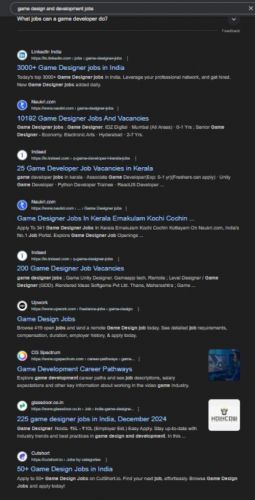
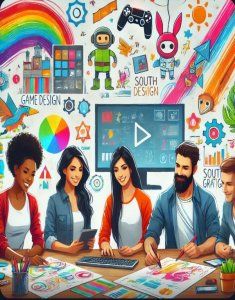 Learn storytelling, level design, game mechanics, and programming using industry-standard tools. Explore the fundamentals of game design and development, blending creativity with technical skills. Create your own games from concept to prototype, preparing for careers in this dynamic, evolving industry. Develop engaging, interactive experiences while understanding player psychology and usability.
Learn storytelling, level design, game mechanics, and programming using industry-standard tools. Explore the fundamentals of game design and development, blending creativity with technical skills. Create your own games from concept to prototype, preparing for careers in this dynamic, evolving industry. Develop engaging, interactive experiences while understanding player psychology and usability.








































































